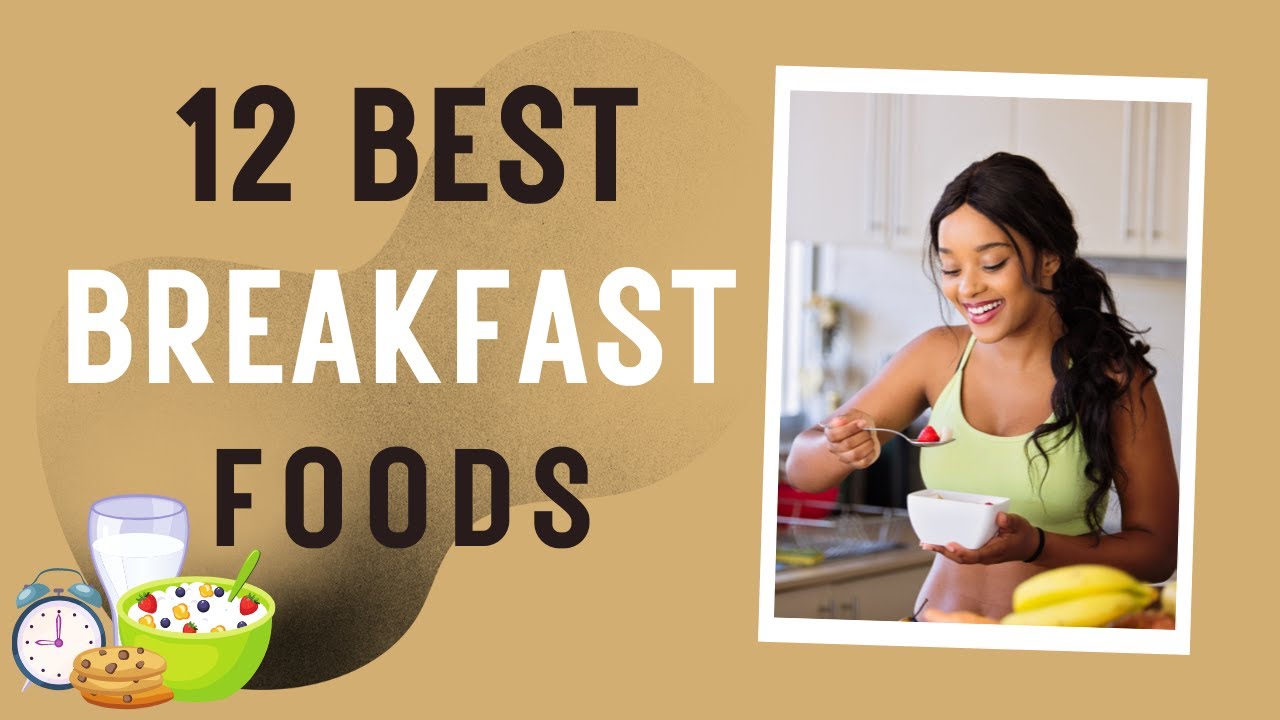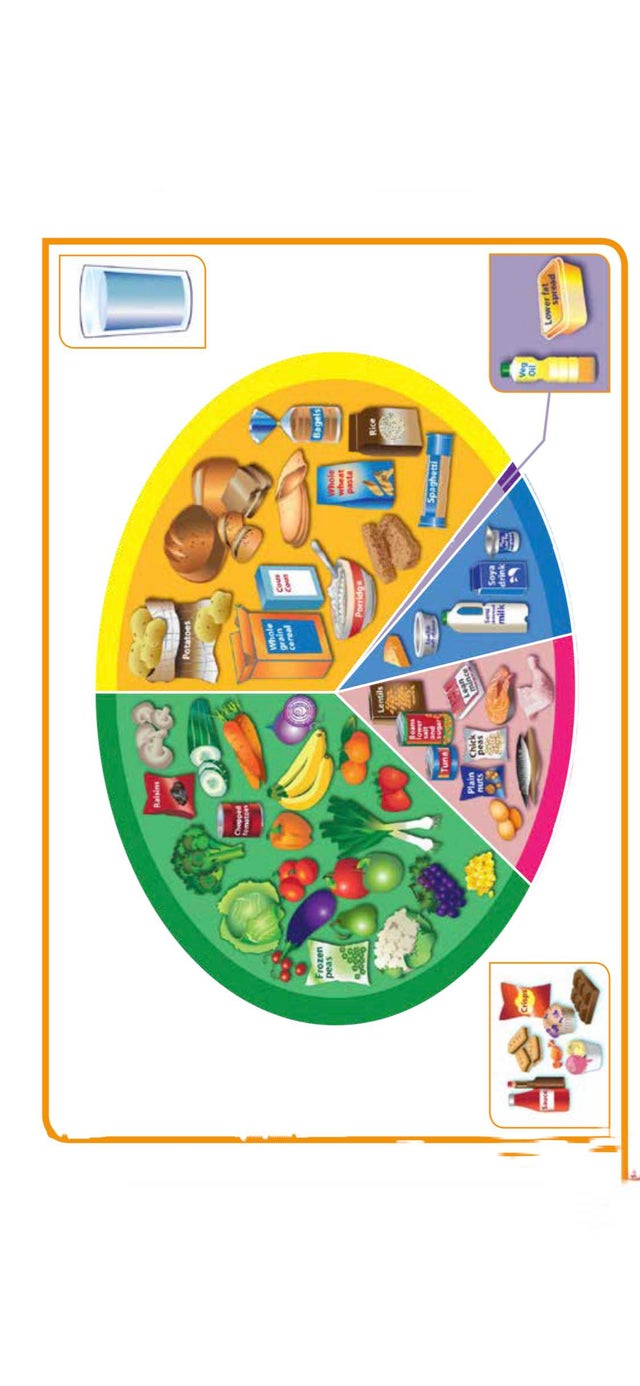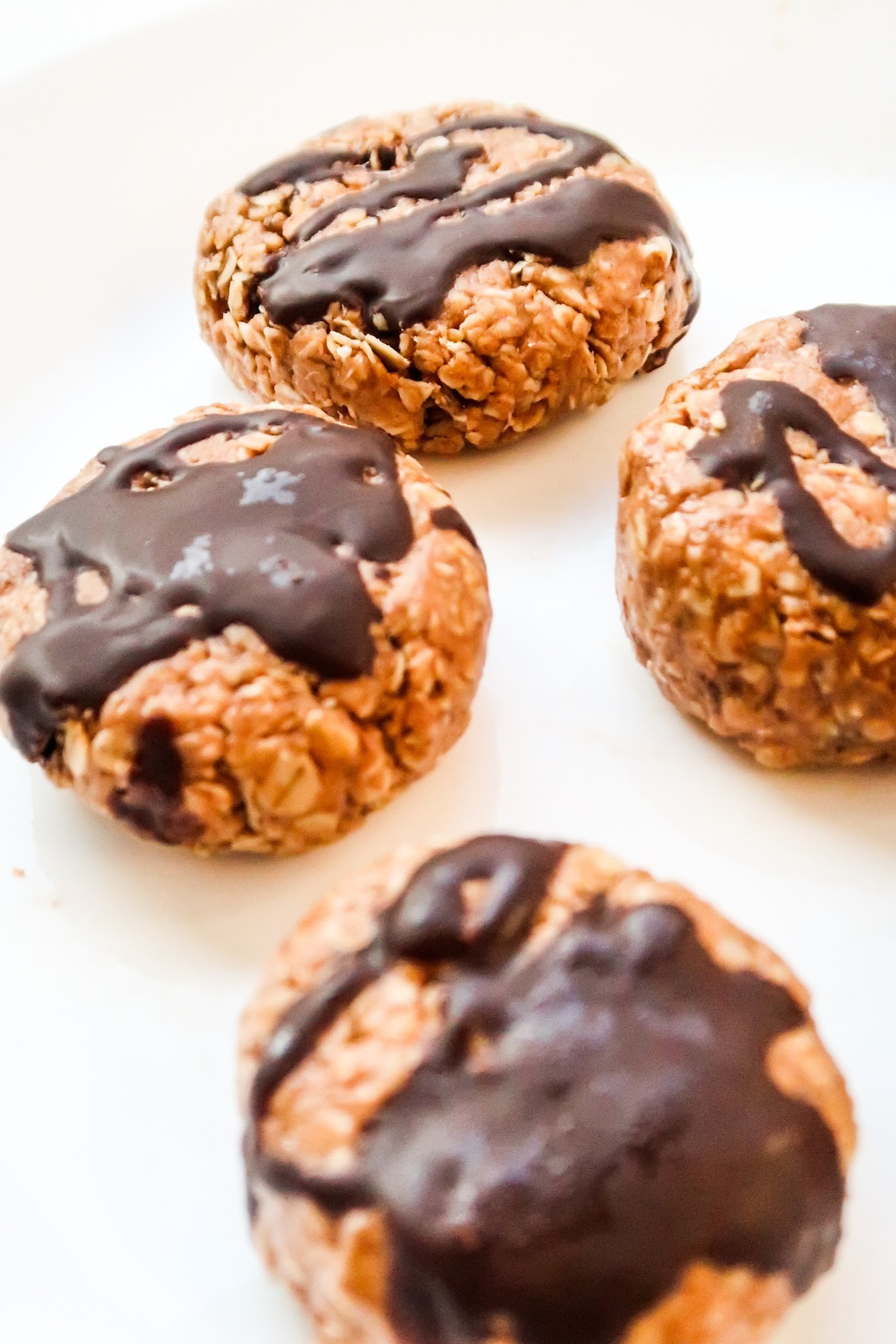
Research suggests that exercising can reduce or prevent several chronic diseases. People who exercise moderately are less likely to get certain types of cancer. Exercise regularly is associated with lower rates of diabetes and heart disease. Physical activity can also help prevent conditions like diabetes and heart disease.
There are many benefits to exercising. Exercise has been shown to improve memory and concentration, reduce depression and insomnia, lower blood pressure and cholesterol, promote bone health and boost the immune system. Physical activity can increase the WBCs, making it an effective anti-inflammatory agent. This may help prevent various ailments. The evidence for exercising as a treatment of chronic diseases is growing because of the numerous benefits it offers.

The benefits of exercising are transdiagnostic. They can differ depending on what symptoms you have. For example, exercise can improve your sleep quality, boost your mood, and relieve stress and anxiety. In addition to that, exercise is a great way to reduce the risks of heart disease, diabetes, and stroke. In addition to preventing these diseases, exercise is a valuable way to maintain a healthy weight and overall health.
According to the Mayo Clinic there are 29,000,000 people with diabetes in America. Many of these patients don't know they have diabetes and are often unaware that their condition exists. Study of heart attack victims showed a 20-25% reduction in mortality relative to those who were not part of the study. Some studies have shown even higher reductions. A large review of studies from previous years concluded that those who have had a heart attack and were able to exercise rehabilitation were more likely live longer.
Regular exercise has many benefits for your health. Regular exercise can improve the quality and prevent many diseases. You can also reduce your chances of getting other health problems like anxiety, dementia, depression. These are just a handful of the many benefits exercise has. It is important that you are active and prevent chronic diseases. Exercise has many other benefits.

Regular physical activity has been shown to reduce the risk of many chronic diseases. You can lower the risk of complications such as high blood pressure. It can also enhance your overall health. Studies on heart failure have shown that high levels of physical activity can help prevent strokes. This means that the risks of cardiovascular diseases are reduced if you increase your level of activity. Exercising can help you lose weight, especially if you are overweight.
FAQ
Which is the best order to exercise?
It depends on what you are looking for. First, lift heavy weights if you are looking to increase muscle mass. Then, move on to cardio. For those who want to lose weight or exercise, you can switch from cardio to strength-training.
You can burn fat by just doing cardio. After that, you can add strength training.
Then if you want to gain muscle mass, do cardio last because it stimulates growth hormones which help build muscle mass.
Also, eat before you workout. This will fuel you muscles better, which will make it work harder. This will make you feel better while working out.
What does butter do for men?
Butter is one source of saturated fats. This type fat is great for your skin and hair. It also helps you build stronger bones.
Butter also contains vitaminK, which prevents bleeding after cuts and bruises. Vitamin K and vitamin C work together to prevent bruising.
Butter is also rich with minerals, such as calcium and phosphorous. These elements encourage stronger bones.
Butter is not without its flaws. Butter is high in cholesterol. There are studies that show excess cholesterol may increase the likelihood of developing cardiovascular diseases.
Also, butter is high in saturated fat, contributing to obesity and increased cholesterol levels.
However, if you must have butter, try spreading it on bread rather than dipping it into soup or salad. Bread absorbs oil more than pasta or potatoes.
Is it true?
Protein is important for maintaining healthy bones and tissue. However, too much protein can result in calcium excretion through the urine. This can cause kidney stones.
It is important that you note that not all people develop kidney stones when they consume more than 2 grams of protein per kg (2.2 pounds). People can eat large amounts of protein and not get kidney stones.
By watching how much sodium you consume, kidney stones can be prevented. Sodium is important for maintaining the body's water balance. High levels of sodium are linked to a greater risk of developing renal stones.
You may also want to reduce your protein intake in the event of kidney stones. About half of adults' daily caloric intake is made up of protein. It is possible to lose weight by cutting down on your intake of proteins.
If you do decide to eat more protein, don't go overboard. Aim for less than 20% of total calories from protein.
What is the best exercise for men over 40 years old?
The best exercise for older men is one that gives them more energy, and increases their stamina.
It is important for you to know that over 40s experience a reduction in testosterone which can lead to lower sex drive.
You can still exercise, however. Many studies show that regular aerobic exercise can boost testosterone in some men.
Aerobics can be a good way to improve your sexual performance.
Which workout is best for men?
It depends on what you're looking for. Cardio workouts are great for losing weight because they burn calories more quickly than strength training exercises.
For those who want to gain muscle mass, strength training will be a better option, as it increases your lean body mass.
Both types of exercise are proven to be beneficial if you're looking to improve your overall health.
If you're looking to get fit fast, I recommend doing HIIT or sprint interval training. This type training will help you quickly lose fat by increasing your metabolism. It can also increase your endurance, so that you can train even when fatigued.
Statistics
- Are You One of the 20% of Guys (mh.co.za)
- According to the American Heart Association, blood pressure should be checked at least once every two years, beginning at age 20. (my.clevelandclinic.org)
- According to the American Academy of Dermatology (AAD), men over 50 are at a heightened risk of developing it. (healthline.com)
- Candidates and applicants must pass all four tests at 70% (minimum level) to graduate from Basic Deputy U.S. Marshal (BDUSM) Training. (usmarshals.gov)
- The PRS enabled risk stratification for overall prostate cancer and lethal disease with a four-fold difference between men in the highest and lowest quartiles (HR, 4.32; 95% confidence interval [CI], 3.16-5.89). (pubmed.ncbi.nlm.nih.gov)
External Links
How To
What nutrients does a person need every day?
Daily nutrition is essential for men's healthy growth. The body requires vitamins, minerals, proteins, carbohydrates, fats, water, fiber, and other essential elements.
Specific nutrients are also required by the male body at different times during the day. For example, when you sleep, your body uses energy from food to make hormones, antibodies, and enzymes. You use protein to build muscles and repair damaged tissue when you wake up.
Your body stores extra energy as glycogen and breaks down fat at night. During this time, your body needs fewer calories but still needs sufficient nutrients. You might have an occasional snack during the night if your stomach is feeling hungry.
To fuel your muscles while you train, you will need sufficient carbs as well as protein. Muscle soreness can occur if you work out hard.
To prevent this, you must consume carbs and protein within 2 hours of training. Your body will break down stored glycogen to provide glucose for energy.
Also, protein must be consumed immediately after your workouts. This will prevent muscle tissue from being damaged while you sleep.
Your body produces lactic acid during high levels of physical activity. It builds up in your bloodstream, which can lead to fatigue. This can be avoided by eating foods high in carbohydrates like fruits and vegetables.
Carbohydrates give your body the energy it needs to recover from strenuous exercise.
Additionally, lean meats, fish and eggs, dairy products, yogurt, cream, cheese, yogurt and beans can be added to your diet.
These foods all contain high-quality proteins. Protein promotes muscle growth, and helps repair damaged tissues. It also provides the amino acids your body needs to produce sex hormones and testosterone.
To maintain healthy skin, hair, and joints, you also need sufficient dietary fats. Healthy men should consume between 20% to 35% of their daily caloric intake from fat.
Fat is good for your heart and helps you fight cancer. It helps keep your brain working properly.
Vegetable oils such as sunflower oil and soybean oil can provide most of your fat needs.
These oils are high-in monounsaturated, unsaturated fatty acid (MUFAs). MUFAs lower cholesterol and decrease inflammation. They protect your cells from damage by free radicals.
Saturated fats (SFAs) are found mostly in animal products like meat, dairy products, and butter. SFAs increase LDL ("bad") cholesterol, and increase triglycerides. They promote weight gain and abdominal fat.
Polyunsaturated fats (PUFAs) are found in plant-based sources like vegetable oils, nuts, seeds, and grains. PUFAs are good for your heart health and help to reduce inflammation. They also reduce blood sugar, cholesterol, and other inflammatory factors.
Low HDL ("good") cholesterol can lead to erectile problems in men. Saturated fats are a major source of bad cholesterol. This lowers good cholesterol.
Men who eat lots of red meat or pork can develop prostate problems. This is because these foods contain high amounts of nitrates. When heated, nitrates are converted to nitrosamines. These compounds can cause lung cancer.
Nitrites and other harmful chemicals are common in processed meats. They should be avoided.
According to the American Heart Association, you should limit your consumption of red meat to no more that 2 meals per week. Instead, opt for poultry, fish, legumes and tofu as well as whole grains bread and cereals.